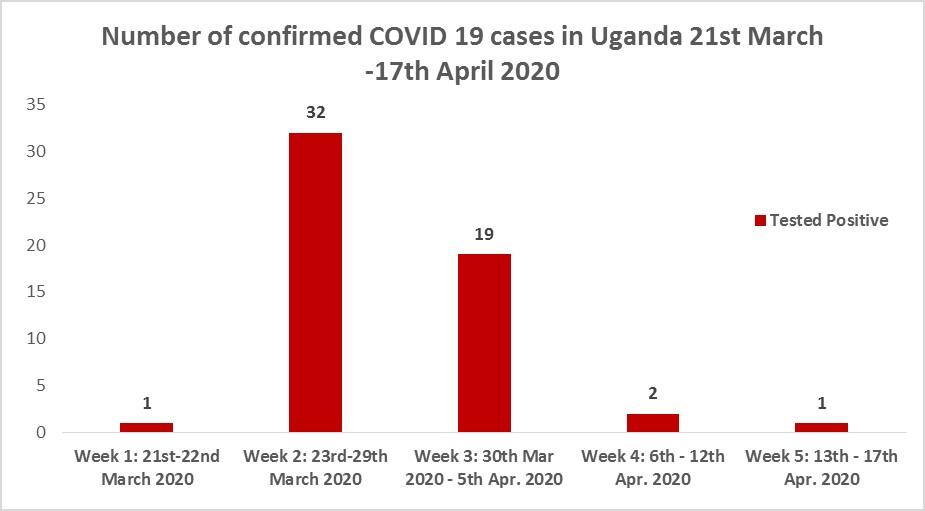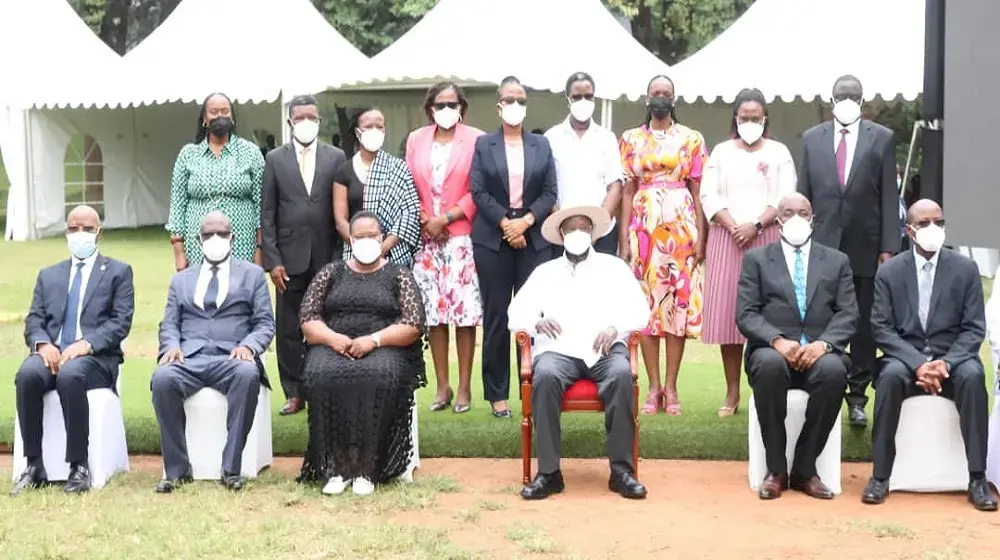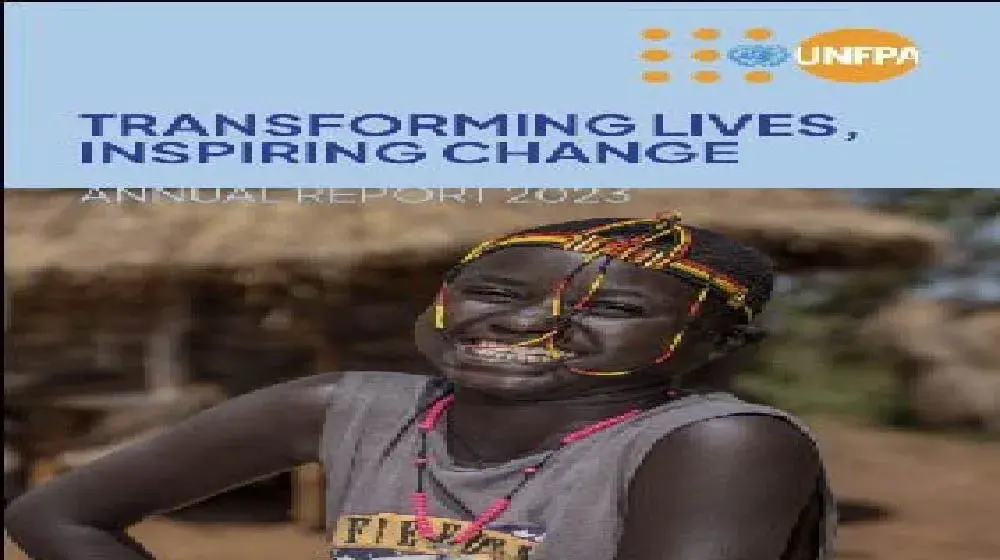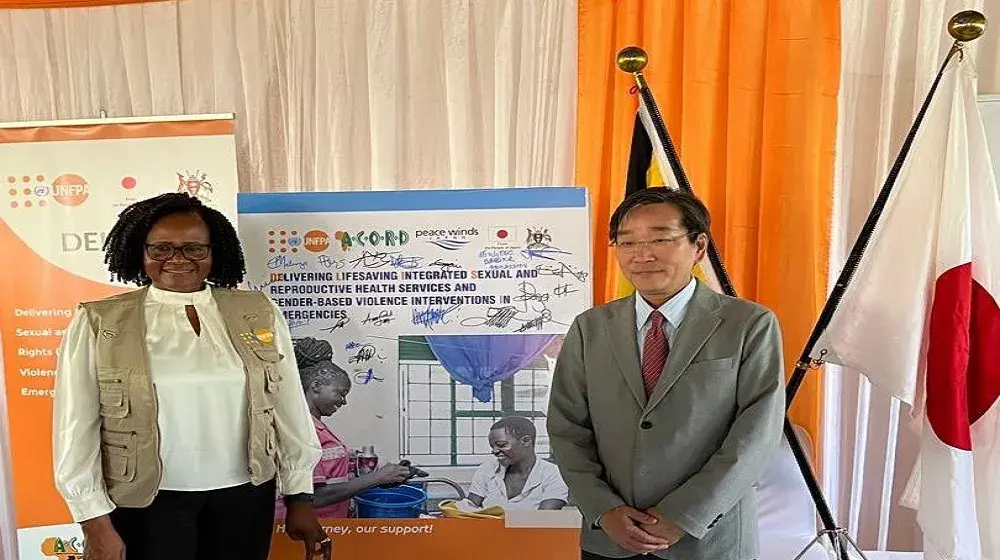Stay Home and Stay Safe is one of the public health measures promoted by the Ministry of Health in Uganda, critical to the slow the spread of COVID-19. This means that one should not leave their home, unless they absolutely have to. It also means working from home and restrict routine interactions with friends, visitors and community members. Everyone in Uganda is mandated to implement the Stay Home, Stay Safe strategy, implemented since 21st March, a day following the identification of the first COVID-19 case in Uganda.
While these dramatic changes and relevant lifestyle adjustments brought by COVID-19 pandemic are tough on everyone, they are particularly tough on children who had to leave school abruptly and can no longer interact with their peers in the neighbourhood. The situation is worse when the neighbours do not appreciate or take seriously the implementation of the precautions shared by the Ministry of Health. This further strains the self and home adaptive measures but endangers the lives of your neighbours. I have experienced a similar situation while practicing the Stay Home, Stay Safe strategy in my neighbourhood in Nansana, Wakiso district in Uganda, with my children always attempting to receive visits from their friends. Their parents and guardians appeared less bothered and COVID-19 seemed distant from them. On engaging some of the community members, I appreciated their challenges in understanding the Ministry of Health guidelines and translating these in their routine tasks and taking it on as a new way of life.
Connecting digitally with neighbours in the community
Staying safe is more meaningful when everyone at home and in the neighbourhood is playing by the rules. Adopting the COVID-19 preventive measures is not an option but a must for everyone to ensure each other’s safety. So, I thought of an approach to help the community in my neighbourhood by connecting digitally through an established WhatsApp group. This was set up with all family heads phone numbers included. Using this platform, I have been able to sensitize the community members on COVID-19, addressing any myths, making clarifications regarding any misinterpretations in regards to the Government guidelines, as well as illustrating how the guidance could be followed in the day-to-day life at a personal and family level. Depending on the issues to be discussed, especially where in-depth discussions are required we also adopt the option of teleconferencing via phones. The community members have been able to take on and practice safer public health measures. We have also been able to address other issues that could pose a security risk in the community during the lockdown, such as poor electricity connectivity. We believe in building resilience by supporting others, and get even bigger resilience boost by giving support to others.
-By Moses Walakira, UNFPA Uganda





